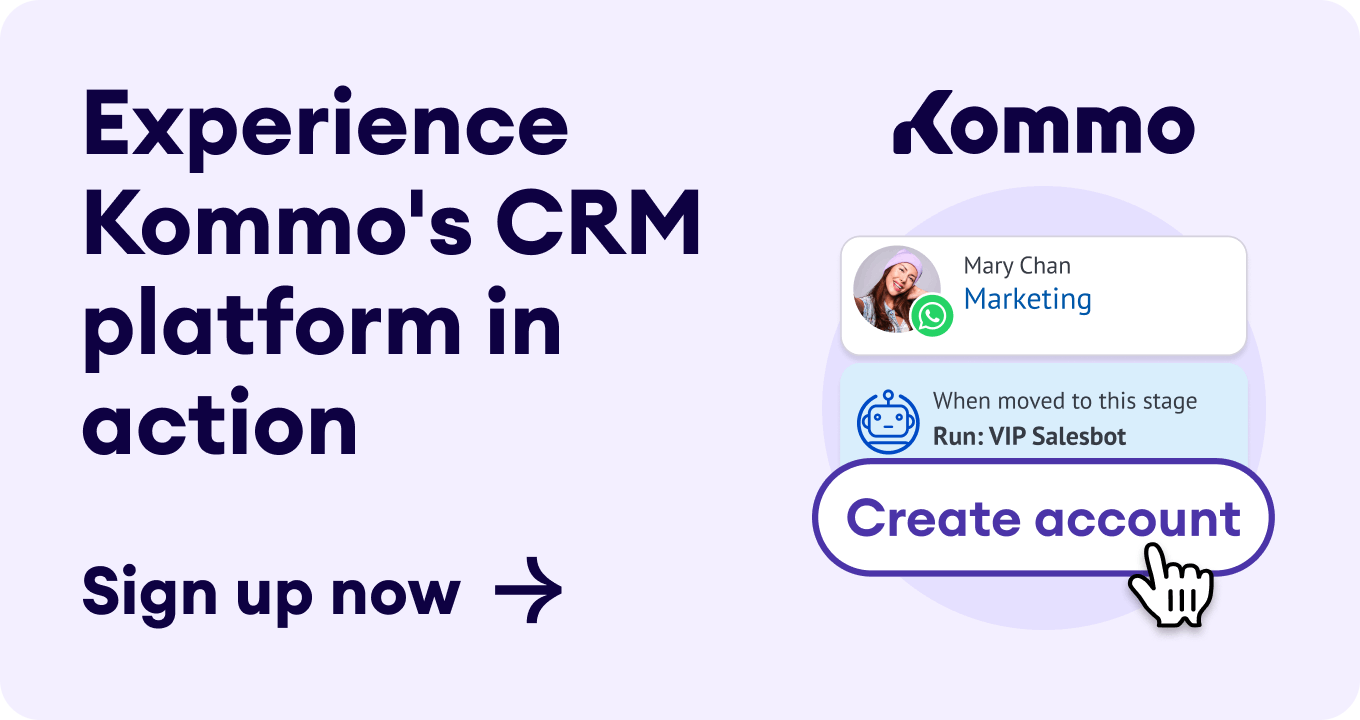Whether you’ve just started a small business or you’ve been in the game for a while, it’s important to familiarize yourself with the benefits of CRM (customer relationship software), GST (goods and services tax), and the GST state code.
Many companies look for business software to help them with accounting, invoicing software to manage sales efforts, and CRM software to measure marketing efforts.
TIP: You must have GST registration done when you start any small online business. Gst registration requirements vary according to each state and the type of business you have.
More and more small and medium-sized businesses have been utilizing CRM. Gone are the days when a CRM meant expensive software, complex functionalities, and other technical aspects. Today, CRM has become an essential part at a very economical cost. There are many open source CRMs available in the market and most of them are web-based.
In this article, we will discuss the benefits of CRM for small and medium-sized businesses.
Benefits of CRM for small and medium-sized businesses
1. Better team collaboration & anticipation of business needs
Since sales and marketing teams drive the company's sales, it’s important to provide them with a single channel to communicate effectively. In this case, one of the biggest benefits of CRM is being able to work and communicate transparently.
Once there is transparency, there is productivity. Instead of putting in hours of discussion, having a productive CRM can help the team collaborate and maintain the milestones ahead.
Another CRM benefit in terms of transparency is that it helps sales reps to sell faster and sell more as it has the access to customer interaction history, orders, and how they became your customers.
By combining the transparency benefits of a CRM with the power of a free VPS host, companies can ensure that their sales reps have access to up-to-date customer information and can work more efficiently from anywhere in the world.
📝 Additionally, CRM is necessary to provide a smooth and personalized customer experience. Just like invoicing software which helps businesses eliminate the hassle as it automates payments and credit memos in a simple, efficient manner.
2. Expanding your team
When your company starts expanding, you need more salespeople to support the growth. In this case, you'd probably need a robust system to onboard newcomers and ease the collaboration of your sales reps.
One of the greatest benefits of CRM is that it streamline and automate processes and tasks for your team. For example, you can have presentation templates, designs, and workflows for the sales reps to refer to.
📍 Additionally, it keeps a track of all sales reps' activities that helps to evaluate them, and thus serves as the best source of newcomers.
Since it's a centralized system, it's accessible to multiple users in real-time allowing them to work at the same time from one place.
CRM also allows internal and cross-departmental collaboration. Hence, CRM customization triggers automatic workflows for the sales team that keeps them updated with all the steps of handling the customers and assigned leads.
3. Winning new customers
Most likely your team has sales targets. A CRM can act as one of the most effective tools to provide real-time insights on the leads and the sales pipeline.
Some organizations spend a fortune on customer acquisition, but still, fail to get all the sales done, and it is very painful to let the leads go.
Here are some of the main benefits of CRM in terms of acquiring new customers:
● Distributing leads to the sales reps at regular intervals depending upon their workload. 💹
● Tracking status of current leads, notifying the sales reps to schedule meetings, and setting tasks.📌
● Automating tasks, such as follow-ups, helping the sales rep focus on other priority tasks.📅
4. Selling more to the existing customers
Keeping the customer satisfied and fulfilling their needs isn't as simple as it sounds.
With customer data scattered across different platforms -- such as emails, phone calls, or messaging apps -- sales reps find it hard to communicate with customers. CRM, however, serves as a single point of contact for the system by integrating all this information into a single place.
All orders, chat history, and customer activities help to assist with decision-making. Based on detailed reports and lead cards, sales reps can prepare their customer retention strategies and communicate with their customers accordingly.
By getting the data of customers and extracting customers based on their prospective value, the sales department can work on selected customers to get orders from the existing customers.
5. Customer response
Responding to the customers quickly is a sign of professionalism. CRM has a set of customizable email templates, letters, quotes, and documents, through which sales reps can directly respond to them, making it easier to deal with the customers' requests.
Customers expect excellent and quick customer service as they've paid for it. With the help of CRM, this can be managed very easily.
Takeaway
Whether you have a small or medium-sized business, it's clear by now that the benefits of CRM are endless. Building good relations with customers should be the topmost priority - and this is where CRM hits up.
Make a personal sale with Kommo
Kommo is a pioneering Messenger Based Sales CRM software that helps businesses achieve more sales and create long-lasting relationships with their customers. It is a tool that enables companies to reach better results and increase their profits.




